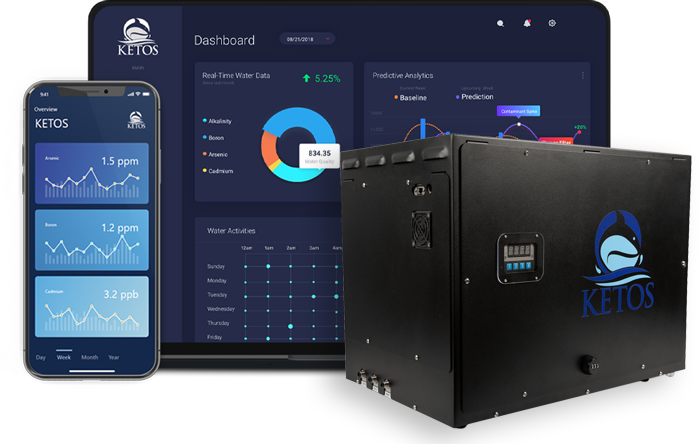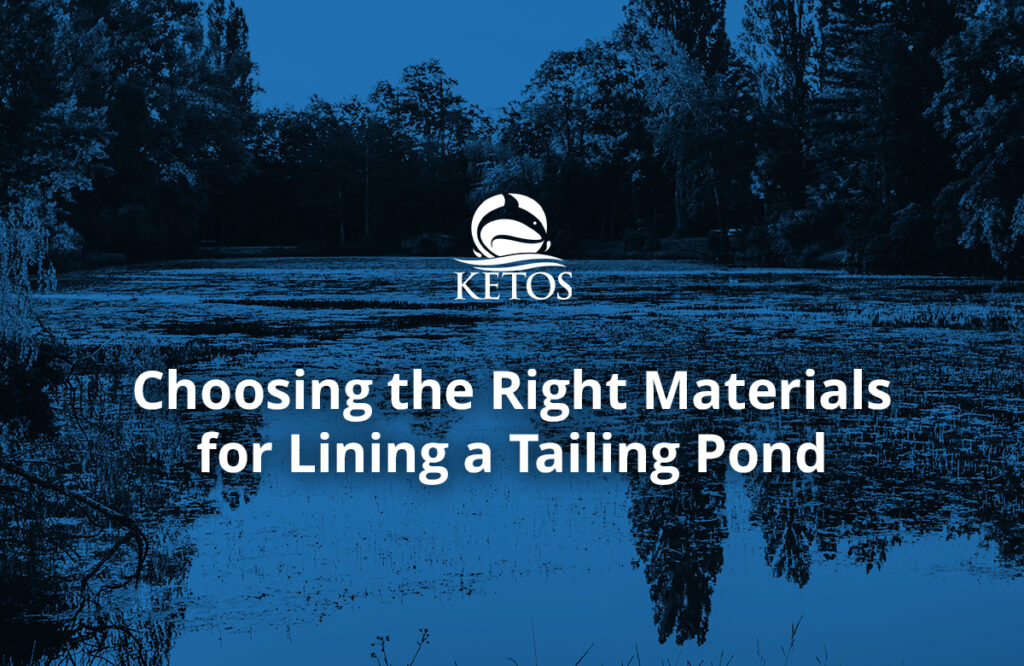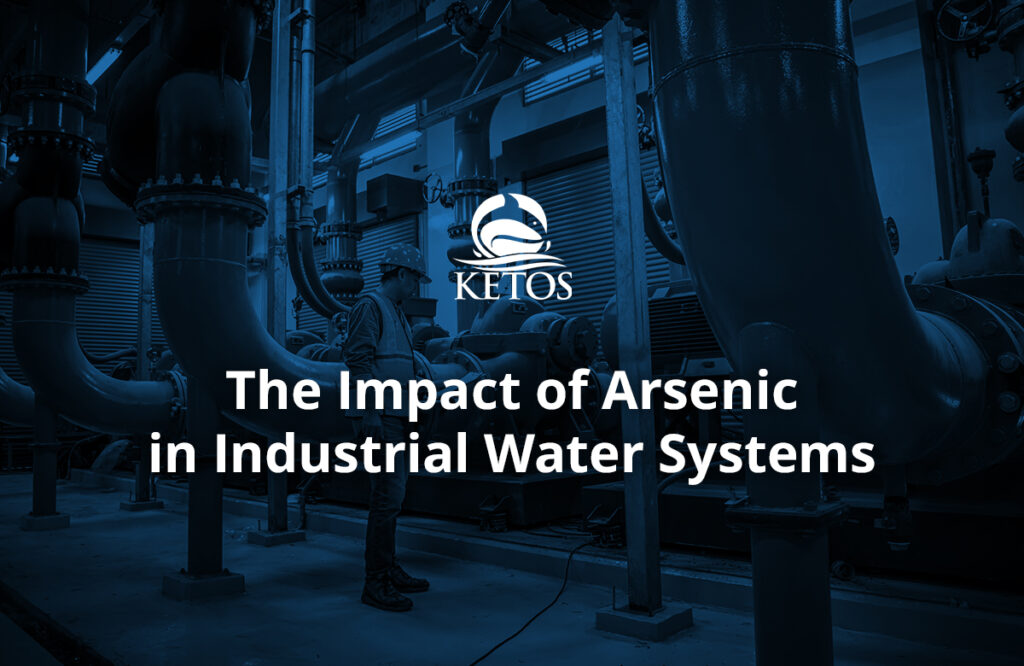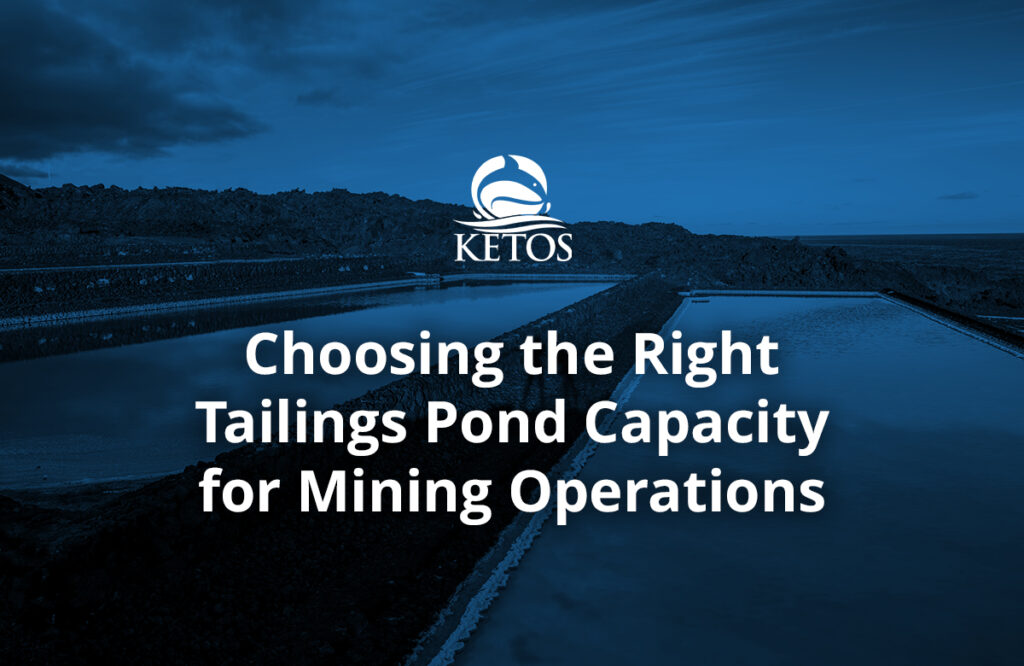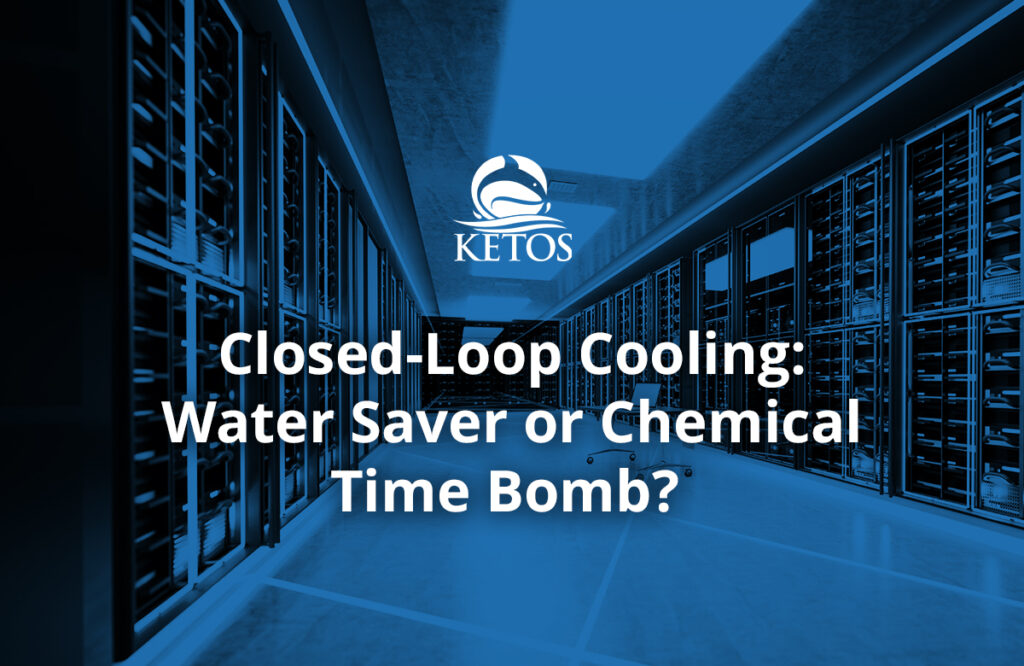Water scarcity is a pressing global concern, and the beverage industry faces a unique challenge. Manufacturing beverages requires significant reliance on high-quality water, and therefore, beverage companies are directly affected by both quality and scarcity issues as climate change affects water availability. Therefore, they must balance sustainable, compliant, water-intensive production with responsible water conservation efforts to protect this invaluable resource—for the good of the earth and their own bottom line.
Managing and monitoring water quality is integral to the success of every beverage company’s long-term operations. To operate profitably in the future, every beverage company will need water that is not only clean but accessible and abundant. This is why so many international brands are taking big swings when it comes to water stewardship.
Global Water Usage and the Beverage Industry’s Impact
The beverage industry is a significant global water consumer due to its high reliance on water-intensive processes. The beverage industry’s impact on water usage globally is wide-ranging. For example:
- Beverage production is a major player in global water consumption, contributing around 3% of total global water use.
- Water usage in beverage production is high—higher than you think. To put usage in perspective, it takes up to 310 liters to produce a half-liter of soda, 300 liters to make a liter of beer, and 140 liters to produce the ingredients needed for one cup of coffee.
- Remember: it’s not just the bottling process. Various types of crops are needed to fuel beverage production, and those agricultural efforts are also water-intensive. For example, it takes 210 liters of water to produce just one kilogram of sugar and 17 gallons per orange. Beyond bottling, we need to remember that every ingredient in every beverage also requires large amounts of water.
- Demand is also projected to increase. The global beverage market is set to increase by about 4.3% annually. As climate change amplifies water scarcity in key production areas, this increased demand will put further pressure on already strained water resources.
These statistics underscore the need for robust water management in the beverage industry. But there’s another reason companies should be concerned about water usage and availability.
According to a global survey by the Carbon Disclosure Project (CDP), water scarcity and stricter environmental regulations cost businesses around US$14 billion in 2016. Water-related issues have affected businesses directly or indirectly and cut into many beverage organizations’ bottom lines. Therefore, many seek solutions to help them maintain profitable operations while implementing more resilient water management measures.
Effective Water Management is Essential for the Sustainability of the Beverage Industry
While water remains the primary ingredient in most beverages, from sodas to beers, its composition is also essential. Water drawn from different sources can affect taste and quality. International brands must find ways to maintain the consistency of their products—and that comes down to ideal water composition. To do that, these large-scale multinationals must manage and measure purity, mineral composition, and other quality parameters to directly protect each individual product’s flavor, safety, and consistency.
Water Quality Impacts Beverage Taste and Quality
Water isn’t just an ingredient in the beverage industry—it’s often the foundation of a product’s taste profile. Varying factors can dramatically affect the flavor, mouthfeel, and overall quality of beverages. For example, high mineral content may add desirable characteristics to beer but would be detrimental to the purity expected in bottled water. Maintaining the proper water purity in beverages ensures the unique taste and consistency that consumers expect from their favorite brands.
With water often sourced locally, the natural composition can vary significantly. For consistent flavor across markets, companies must treat and monitor water extensively to maintain the exact standards for each product. That’s why water quality management in the beverage industry and the art of monitoring water is a meticulous process that ensures flavor profiles remain consistent no matter where production occurs.
Key parameters beverage companies monitor include:
- pH levels – Maintaining a stable pH ensures product stability and shelf life.
- Turbidity – Clarity is crucial for beverages like bottled water and beer.
- Total Dissolved Solids (TDS) – TDS levels influence the taste of water and must be carefully managed.
- Chlorine and Chloramines – Chlorine and chloramines are used in disinfection but must be removed in later processing stages.
- Heavy Metals – It is crucial to ensure that water is free from harmful metals like lead, arsenic, and mercury.
By carefully monitoring water, beverage companies can do two very important things at once:
- They can maintain quality by reducing the amount of discarded batches.
- By reducing discarded batches, they limit waste and thereby reduce water usage, helping operations become more efficient, profitable, and sustainable.
The Role of Water Quality in Compliance and Sustainability
As communities work to protect often limited local reserves, compliance with water quality standards is also becoming increasingly tied to water sustainability. Regulations in various jurisdictions may encourage companies to adopt more sustainable practices, such as reducing water use and treating wastewater, to minimize their environmental impact. Compliance, therefore, isn’t just about immediate safety—it’s about long-term responsibility, ensuring that production aligns with water stewardship principles and environmental regulations.
Beverage Giants Leading the Way in Water Stewardship
Several leading beverage manufacturers have made significant water sustainability commitments to reduce their environmental footprint, restore local water sources, and support community water health. Here’s a sample of how various internationally recognized beverage brands are embracing sustainability in water management across the beverage industry:

AB InBev
As the world’s largest brewer, AB InBev has set ambitious water conservation goals. By 2025, the company aims to:
- Improve water availability and quality in 100% of communities within high-stress areas.
- Empower farmers by enhancing their water management skills, enabling sustainable farming practices.
- Increase water-use efficiency to 2.5 hectoliters of water per hectoliter of product globally and achieve 2.0 hl/hl in high-risk areas.
AB InBev’s initiatives show its commitment to balancing operational needs with community water resources, focusing on areas where water scarcity poses significant challenges.

Coca-Cola
Coca-Cola has a comprehensive plan aimed at regenerative water use by 2030, focusing on watershed health and community resilience. Key goals include:
- Achieving 100% regenerative water use across 175 facilities.
- Enhancing watershed health through nature-based solutions and collaboration with local suppliers to ensure water-sustainable ingredients.
- Returning 2 trillion liters of water to nature and communities globally by 2030, ensuring safe drinking water access in areas of critical need.
Coca-Cola’s plan addresses the complex challenges of water scarcity through community engagement, ecosystem restoration, and efficient water management practices.

Heineken
Heineken aims to balance its water usage completely in water-stressed areas by 2030. Its water stewardship goals include:
- Treating 100% of wastewater across all locations.
- Reducing water usage to 2.8 hectoliters per hectoliter of beer in water-stressed areas and 3.2 hl/hl globally.
- Collaborating with other water users in shared watersheds to support local water health.
By investing in wastewater treatment and circular water practices, Heineken is a leader in water management in the beverage industry and demonstrates how circular practices can aid long-term water stewardship.

Molson Coors
Molson Coors has committed to reducing its water footprint by improving water efficiency by 22% in large breweries by 2025 and achieving a 10% improvement in water use efficiency across its agricultural supply chain by 2030. The company’s plans include:
- Restoring 3.5 billion gallons of water in water-stressed areas.
- Growing barley with 10% less water and partnering to protect stressed watersheds.
- Promoting resilient communities through water conservation and local partnerships.
This approach reflects the importance of conservation across production and agriculture for Molson Coors, which seeks to balance its footprint with restoration efforts.

PepsiCo
PepsiCo’s ambitious goals aim to achieve a net water-positive status by 2030. The company’s focus areas include:
- Reducing water use and replenishing over 100% of the water it consumes in high-risk areas.
- Advocating for improved watershed health in high-stress regions.
- Enhancing community water health and providing safe water access to 100 million people.
Through watershed management and stakeholder collaboration, PepsiCo is addressing water scarcity and its impact on vulnerable communities.

Carlsberg Group
By 2030, Carlsberg aims to achieve a water usage efficiency of 2.0 hl/hl globally and 1.7 hl/hl at its high-risk sites. Their commitments include:
- Replenishing 100% of water used in high-stress areas.
- Achieving full water circularity through recycling and reuse in these regions.
Carlsberg’s approach highlights how efficiency and replenishment are critical to sustainable water stewardship in resource-strained areas.
KETOS: Working with Beverage Companies for More Sustainable Production
KETOS works with beverage companies that seek to promote water sustainability in their day-to-day operations. With automated, on-site water quality monitoring devices supplied by KETOS, beverage companies gain lab-accurate, real-time water quality readings across 35+ parameters. This allows companies to stay compliant and maintain strict, effective quality control. By empowering operators with timely, on-site data, personnel are empowered to take prescriptive (as opposed to reactive) measures to help significantly reduce water use over time.
When beverage companies use KETOS for water monitoring, they gain the ability to:
- Sample water at regular intervals 24/7/365 while never having to wait on third-party lab analysis
- Test for up to 35+ parameters simultaneously and in real-time
- Set threshold alerts and their monitoring cadence
- Reduce labor costs around water management by as much as 40%
- Measurably lower both their water and carbon footprint
- Reduce CAPEX with a $0-CAPEX business model for considerable cost savings
Conclusion: The Beverage Industry Has a Role to Play in Water Stewardship
With billions of liters of water consumed annually, the beverage industry’s role in water sustainability is critical. The efforts by respected international brands like AB InBev, Coca-Cola, Heineken, Molson Coors, PepsiCo, and Carlsberg illustrate how global powerhouses can lead by example. Individually, these companies are setting ambitious internal targets to reduce water use, enhance water quality, and support community resilience.
As we all collectively work towards a more sustainable future, these companies are securing their operations while championing water conservation in the beverage industry. Many of their innovative methods can serve as a model for other water-intensive industries. KETOS can also play a role. Since 2015, we’ve been helping companies across the manufacturing spectrum lower water usage and costs. By growing ever more efficiently around water usage and embracing water stewardship, we’re all doing our part to protect valuable water resources for generations to come.
